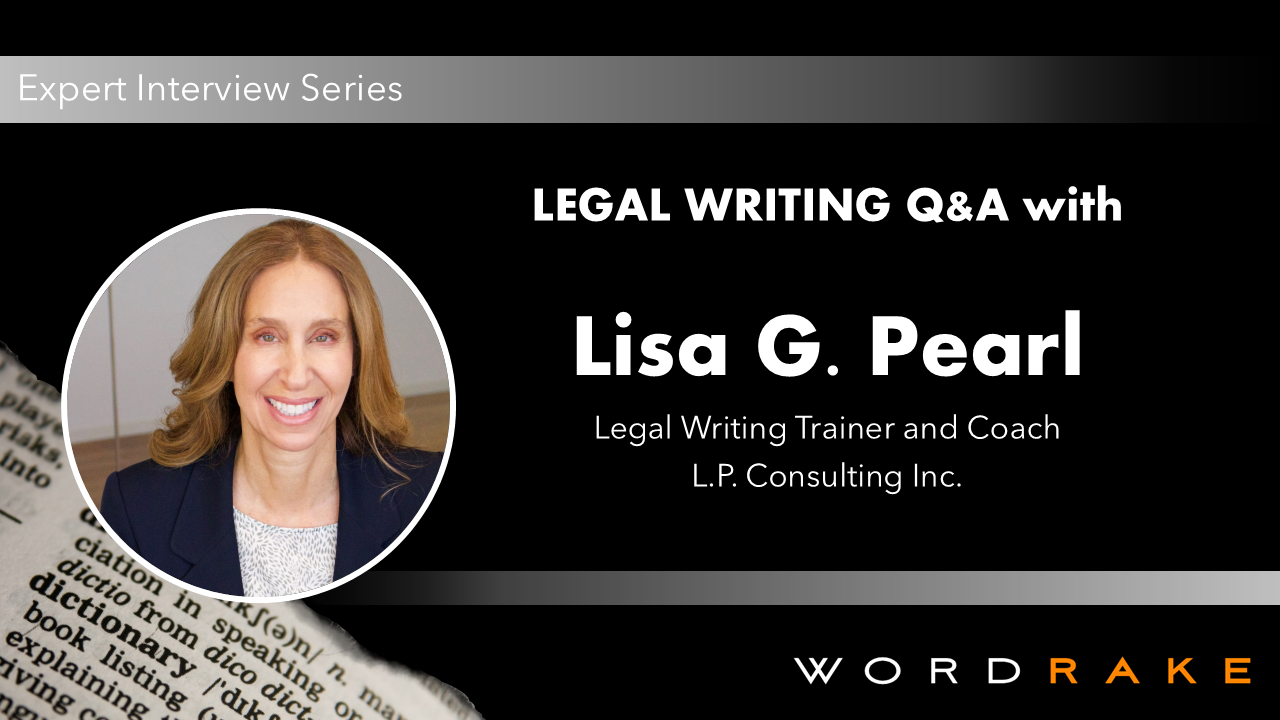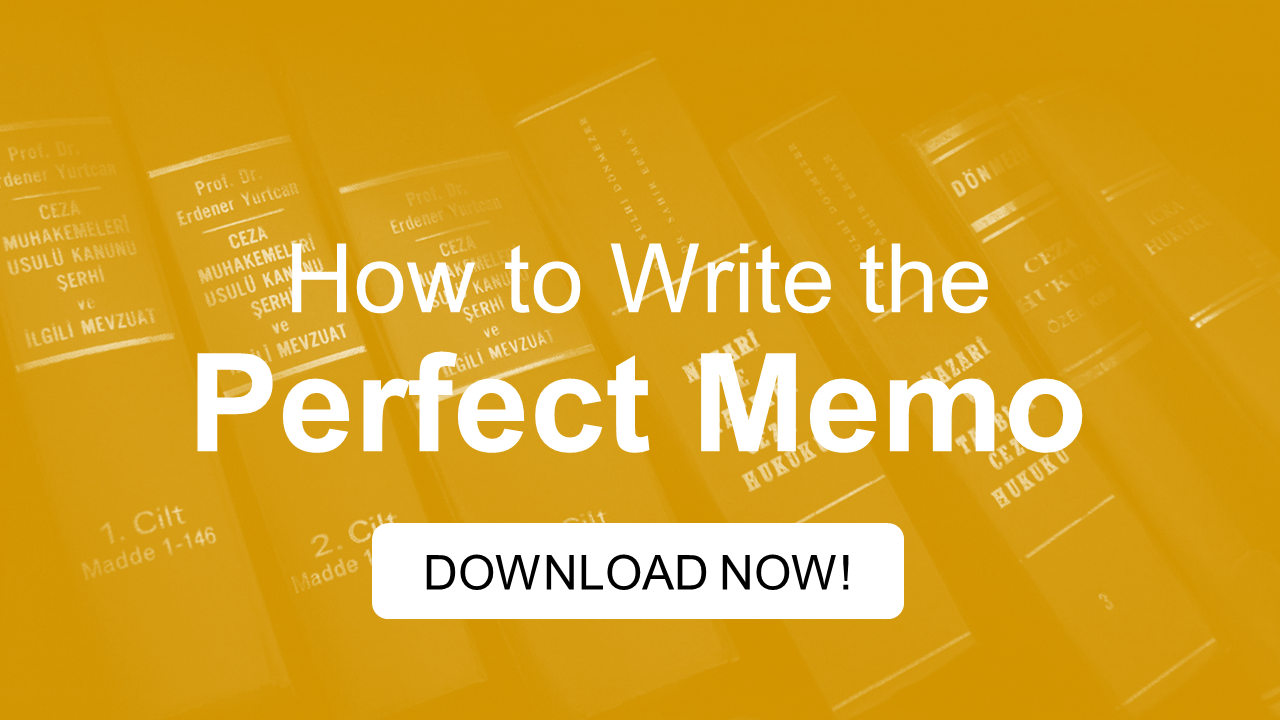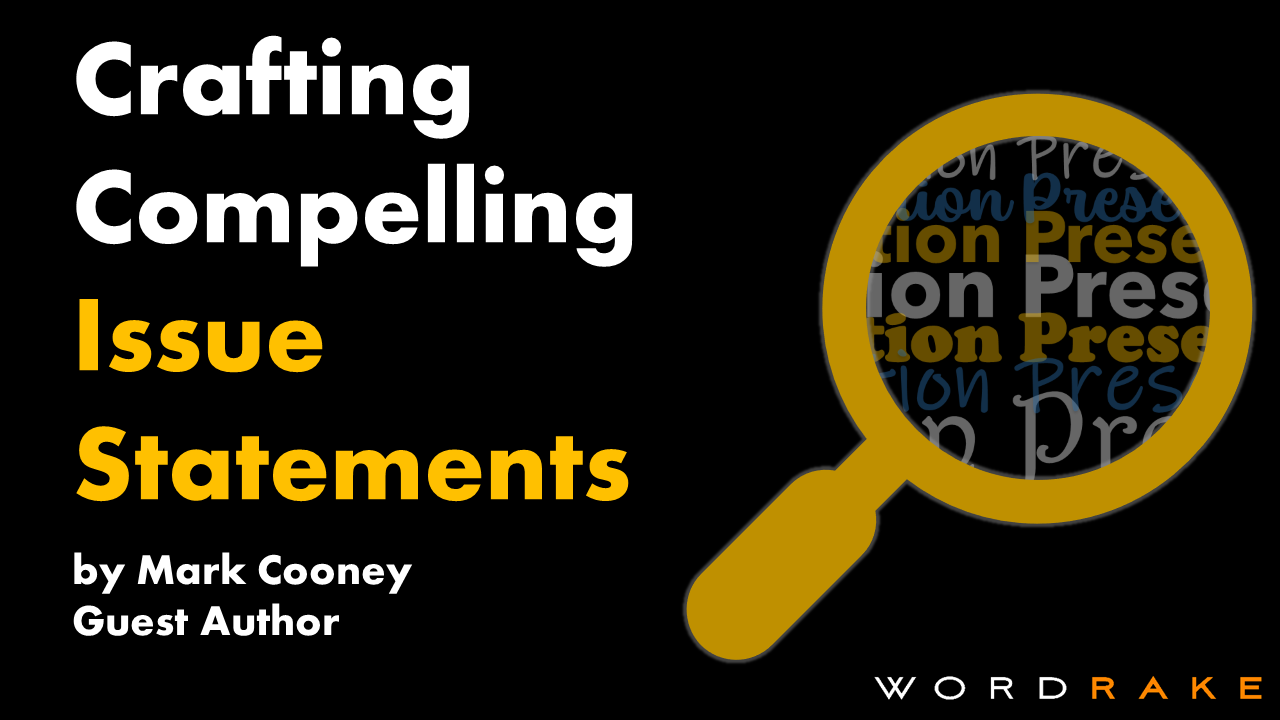Not everyone can teach. Senior partners may be expert legal writers, but it doesn't mean they all have the time, patience, or skill to help associates learn their craft. That's where legal writing coaches and trainers like Lisa Pearl come in. She talks about her writing and teaching process below.
What is your role and how did you get to where you are today?
As a legal writing trainer and coach focused on writing for law practice, I am lucky to have the opportunity to work with a diverse pool of talented attorneys. These attorneys work at boutique, small, midsize, and large law firms, and they practice in a variety of areas as far ranging as employment, intellectual property, trusts and estates, education, regulatory, and general corporate litigation to name a few. In my role of fostering the professional growth of this legal talent, I support individual as well as organizational success. Before working with practitioners, I spent nearly twenty years teaching legal writing to approximately 1,000 law students at three fabulous law schools—University of San Diego School of Law (Professor of Legal Writing), Northwestern Pritzker School of Law (Clinical Assistant Professor of Law, Communication and Legal Reasoning), and DePaul University College of Law (Legal Writing Instructor). For more information about me, please visit my website.
Why is good writing important to being a good lawyer?
Lawyers essentially are professional writers. Many aspiring lawyers do not realize this truth until they enter the profession. Once there, these newly minted attorneys, especially litigators, often experience surprise at the amount of writing their practice demands. Effectively representing their clients requires daily, successful written communications to various stakeholders, including partners and other supervising attorneys, co-counsel, opposing counsel, courts, and clients.
We often say that writing is about communicating information to the reader, or even translating it, rather than just delivering information. Do you believe that’s true? How does it change your approach to legal writing?
I absolutely agree. Merely delivering information focuses on the writer in a vacuum, implying that the writer’s only job is to have the material arrive at the appropriate place. In this worldview, the reader, and their myriad characteristics, is not a major consideration. In contrast, effectively communicating implies an exchange between two parties: the legal writer conveys the material in a way that the reader can absorb with relative ease. Every step of the way, the legal writer has the reader (or audience) in mind. In the litigation context (and in a nutshell), a writer drafting a brief would ensure that overall structure is logical; rules and case illustrations thoroughly explain concepts; and the law is explicitly applied to the facts at hand with in-depth use of the legal standards and precedent case information to support overall conclusions in a way that does not require the reader to engage in inferential leaps or other mental gymnastics. Of course, the writer should achieve those goals while at the same time using a persuasive, direct, non-wordy, professional writing style.
Why is it so hard to edit your own writing? Why is it important to do so?
Revising, editing, and proofreading (“REP”) your own writing is very difficult because writing is so personal. A writer may not see weaknesses in their drafts because the writer is not an objective, non-biased reader. Nevertheless, the REP process is critical to a successful outcome, and for this reason, in response to law firm requests, I have taught workshops solely devoted to REP. One excellent technique that helps writers view their documents somewhat more objectively is to put the document aside for as much time as possible before returning to it with fresh eyes to REP and finalize.
How can legal writers improve their ability to accept and incorporate editing feedback?
I find this question especially interesting—because you most likely are referring to feedback that supervising attorneys provide to newer legal writers; yet in my role as a legal writing coach, I constantly am in the position of providing feedback and observing how the lawyers I work with either do or do not apply that feedback. What I have come to understand is that writing strategies, both successful and unsuccessful ones, become a matter of habit. And it is very difficult for many human beings to change habitual behavior. The first step in changing our writing habits is becoming aware of what those habits are. After that, the writer must engage with their writing at a high level of consciousness to ensure that they are applying the feedback they have received. Revising and editing with the help of checklists that collect and reflect feedback often is an effective tool in this process.
Is writing something you need to have an innate talent or instinct for, or is it something you can learn to be good at?
There is writing in general and then there is legal writing! I place legal writing into its own category, and I firmly believe that lawyers can learn this critical skill—so long as they embrace a true “growth mindset,” as coined and explored by Carol Dweck. I like to think that the legal industry generally agrees with me, as evidenced by law firms’ evolving over recent years to offer more support to their junior attorneys through talent development departments and teams charged with helping newer attorneys learn various skills including legal writing.
What would you say to senior lawyers who don’t coach young writers to develop their skills?
Hire me! In all seriousness, I do not fault them. Knowing how to perform a skill well is very different from having the interest in or ability to teach that same skill. In my case, I benefited greatly from two mentors early on in my career—a law firm partner and a federal judge, both of whom took the time to provide detailed critiques of my drafts and discuss those drafts with me. I know there are senior attorneys who give this gift to their associates. But for those who for various reasons do not engage in this type of time-consuming, ongoing teaching (and I say that with no judgment!), seeking legal writing coaching and training for your team may be worthwhile.
About Lisa G. Pearl
Lisa Greenfield Pearl is a legal writing trainer and coach for legal professionals and the Founder/CEO of LP Consulting Inc. Lisa was a Legal Writing Professor at University of San Diego School of Law (2004-2016), Clinical Assistant Professor in Communication and Legal Reasoning at Northwestern Pritzker School of Law (1997-2001), and Legal Writing Instructor at DePaul University College of Law (1996-1997). Lisa practiced litigation at McDermott, Will & Emery and was law clerk to the Honorable Elaine E. Bucklo of the United States District Court for the Northern District of Illinois. Lisa earned her J.D. cum laude from Northwestern Pritzker School of Law and her A.B. with high distinction from the University of Michigan.
About the Legal Writing Interview Series
WordRake founder Gary Kinder created the software to help legal writers edit for brevity and simplicity. In continued dedication to the most effective legal writing, this Series highlights the experience and advice of experts from professors to writing coaches to litigators. Looking to help boost your legal writing skills? Get a free 1-week trial of WordRake here.









